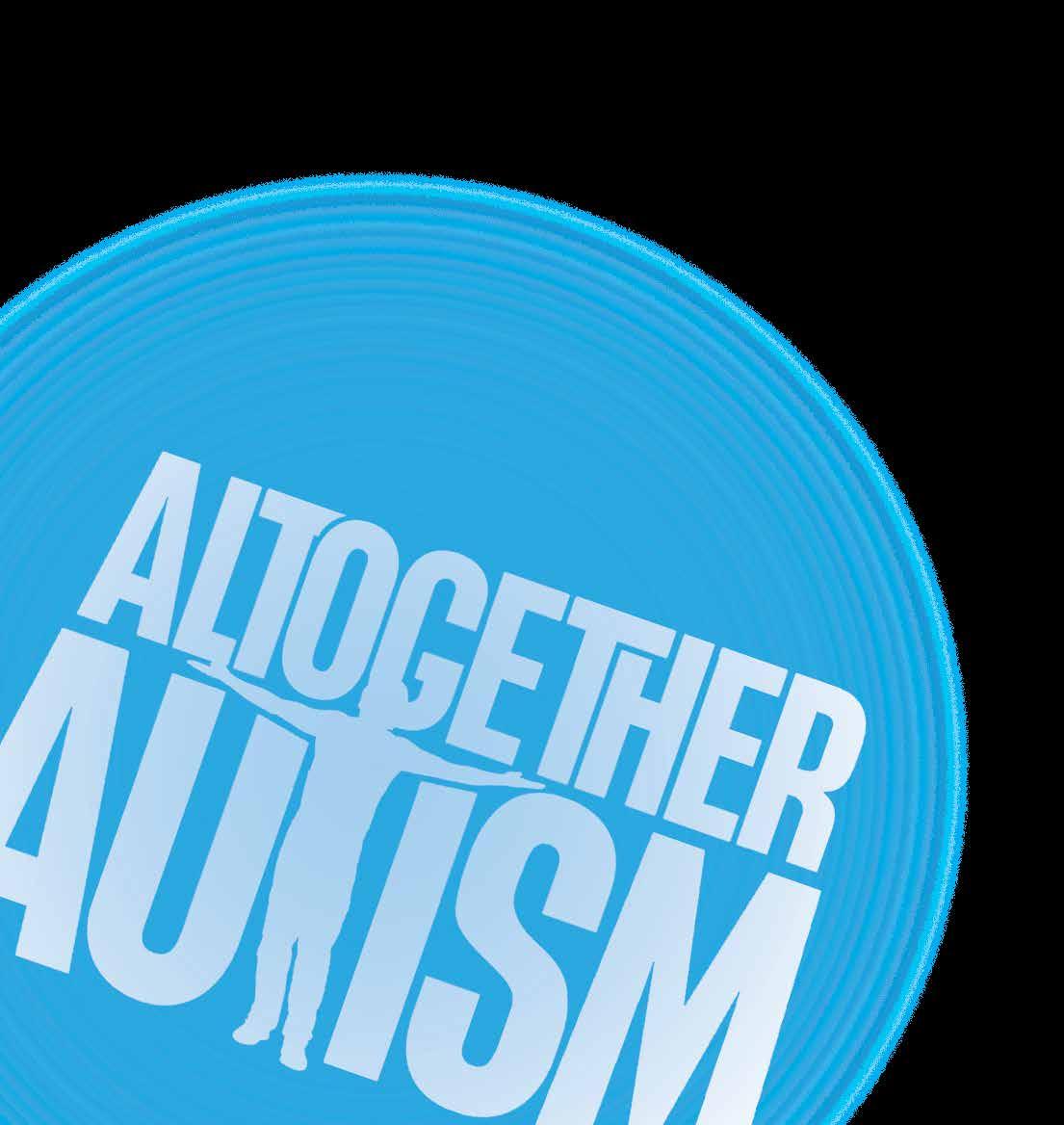The importance of authentic autistic representation in the media In this article, Rachael Wiltshire examines recent controversies around autistic representation in the media and discusses why accurate media representation is so important in supporting autistic people to be safe leading authentically autistic lives. RECENTLY CONTROVERSIES around how neurotypical people portray autistic people have made the media. First there was Australian singer-songwriter Sia’s feature film ‘Music’, released in New Zealand cinemas on January 28. Problems first arose when the trailer dropped in November last year and autistic people pointed out that Sia should probably have cast an autistic person in the lead role of autistic character Music, rather than the neurotypical actor Maddie Ziegler. Sia took offence at this and things got nasty online. More recently, it has emerged that the film shows Music being held in prone restraint during a meltdown, which autistic people have pointed out is both terrifying and dangerous. Then, as part of Autism Awareness Month in April, YouTuber Mark Rober decided to organise a livestream to raise money for an autism charity, with a number of bigname celebrities being involved. The problem? No autistic people were involved in the creation of this livestream, and the charity it is supporting, Next for Autism, also has no autistic people in its leadership team and funds research that seeks to prevent autism. When autistic people rightly raised their concerns about this, Next for Autism simply removed any references to preventing or curing autism from their website. The purpose of this article isn’t to rehash all the reasons why this movie and livestream are harmful; that has already been covered extensively by the autistic community online. Instead, I want to talk about why authentic representation of autistic people in the media is so important.
Authentic autistic representation is important for autistic people
Like many autistic children, I knew I was different long before I got my autism diagnosis. When I was 9 or 10, I used to sneak into my parents’ room and read their parenting books, trying to understand why other children behaved the way they did and where I fitted in. So, when I finally got my diagnosis when I was 12, I felt a sense of relief. ‘Finally, I’ll be able to read books about me!’ I thought. Except, I couldn’t. This was 2006. There was not a lot of mainstream literature about autistic girls. The main books I had available to me were Luke Jackson’s autobiographical ‘Freaks, Geeks and Asperger Syndrome: A User Guide to Adolescence’ and Mark Haddon’s ‘The Curious Incident of the Dog in the NightTime’. I couldn’t relate my own experiences to either of those autistic boys, and so for a long time I questioned whether my autism diagnosis was the correct one. Maybe I really was just weird.
16
The more this diversity is represented in mainstream media, the more likely it is that an autistic person will recognise themselves and be able to learn about autism, or even seek a diagnosis. It wasn’t until I read Jennifer Cook O’Toole’s ‘Sisterhood of the Spectrum’, when I was 21, that I finally found an autistic person whose experiences I could relate to. It took me that long to truly believe that the label ‘autistic’ was the right one. It is comforting to see yourself represented in the books you read or the stories you watch on screen. It’s a reminder that you’re not alone, that others experience the world in a similar way to you. Autistic people are unlikely to accidentally stumble upon others like them in real life, so stories are the perfect way to find that sort of connection. Seeing themselves in the media is important for people who know they are autistic. But it’s even more important for those who don’t yet know about their autism. The autism spectrum is incredibly diverse and people experience autism in many ways. The more this diversity is represented in mainstream media, the more likely it is that an autistic person will recognise themselves and be able to learn about autism, or even seek a diagnosis. And as I will discuss later, I believe being able to confidently identify as autistic is key to flourishing.
Authentic autistic representation is important for neurotypical people The controversy around ‘Music’ and Mark Rober’s livestream has illustrated just how uninformed many neurotypical people are about autism, which is hardly surprising given that most autistic characters in mainstream media still fall into the ‘socially inept white man with areas of brilliance’ stereotype. This helps explain why ‘Music’ is so disappointing – as a girl and an Augmentative and Alternative Communication (AAC) user, handled properly this character could have done so much to address some of those stereotypes. Instead, the film appears to be reinforcing another stereotype: that autistic people are too impaired to be able to participate in society. When the trailer dropped, I saw many comments from neurotypical people claiming that of course an autistic person couldn’t have acted in the film, as a film set was way too stressful an environment for any autistic person to cope. This was news to me, an autistic person who had spent eight hours dancing in a student film the previous week! Such stereotyped views of autism in the wider community are harmful to autistic people. Many autistic people spend their lives ‘masking' – hiding our autistic traits to appear neurotypical and fit in with the world. That can work for a time, but it’s not sustainable – I have had bouts of severe anxiety and depression every 2-3 years since I was 12, and
ALTOGETHER AUTISM JOURNAL • 2021
Continued on page 17














